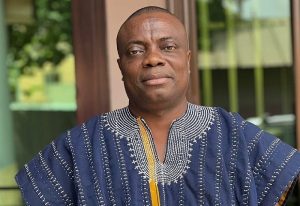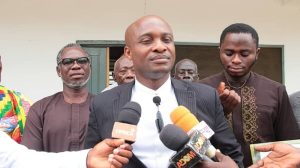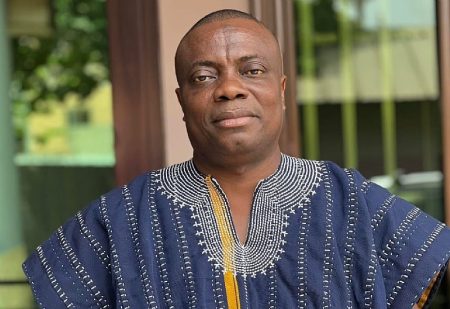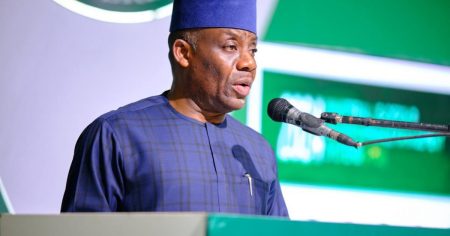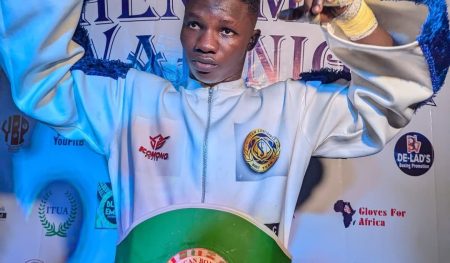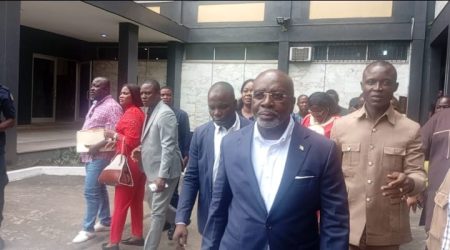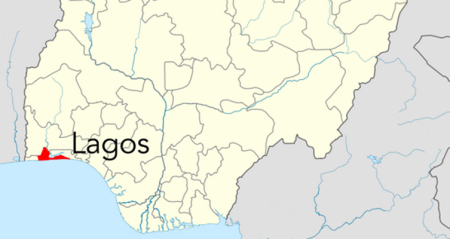President Bola Tinubu, in a meeting with members of The Buhari Organisation, exuded confidence in Nigeria’s economic resilience against the backdrop of evolving US trade policies under President Donald Trump. Tinubu’s optimism stemmed from the country’s robust non-oil revenue growth, which he viewed as a significant buffer against potential external shocks, including the tariffs imposed by the Trump administration. He underscored the achievement of reaching the 2025 revenue target ahead of schedule in August and highlighted the stabilization of the naira, which had appreciated considerably since his assumption of office and the subsequent unification of exchange rates. This positive economic trajectory, according to Tinubu, mitigates any adverse effects emanating from Trump’s trade policies.
The Trump administration’s second term has witnessed a significant shift in US trade policy. A baseline 10% tariff has been levied on virtually all imports, supplemented by additional country-specific tariffs. Under the “America First” agenda, reciprocal tariffs have been introduced, aiming to address trade imbalances. Nigeria, along with many sub-Saharan African nations, faces a 15% tariff on its exports, a figure that has incrementally increased since April 2025. While energy commodities, including crucial Nigerian exports like oil and gas, are exempt from these tariffs, global trade tensions and the broader imposition of tariffs have negatively impacted global energy markets, potentially affecting demand and disrupting established trade flows.
Despite the global trade uncertainties, Tinubu emphasized the progress made in his administration’s agricultural reforms, particularly highlighting a large-scale mechanization program across the country. He underscored the importance of food security as a cornerstone of economic recovery, asserting that eradicating hunger is a crucial step towards poverty reduction. This focus on domestic agricultural development serves as a parallel strategy to reduce reliance on international trade and bolster internal economic stability.
Beyond the current economic and trade discussions, President Tinubu shared insights into the formation of the All Progressives Congress (APC), revealing internal debates and disagreements during the party’s nascent stages. He recounted a specific clash with the late former President Muhammadu Buhari regarding the party’s logo. Tinubu favored the broom, symbolizing collective action against corruption, while Buhari preferred a parliamentary symbol. This anecdote highlights the differing political perspectives and priorities that were reconciled during the formation of the APC, a coalition born from the merger of four opposition parties.
The meeting with The Buhari Organisation, attended by prominent figures like Katsina State Governor Dikko Radda and former Governor Aminu Masari, served as a platform for consolidating party ranks ahead of the upcoming 2027 electoral cycle. The gathering of key northern party leaders signifies a strategic move to maintain party unity and cohesion in preparation for future elections. This underscores the ongoing political maneuvering and alliance-building within the APC as the country approaches the next election period.
The formation of the APC in 2013 marked a significant turning point in Nigerian politics. Born from the merger of the Action Congress of Nigeria (ACN), the Congress for Progressive Change (CPC), the All Nigeria Peoples Party (ANPP), and a faction of the All Progressives Grand Alliance (APGA), the APC aimed to present a united front against the long-ruling People’s Democratic Party (PDP). Tinubu, then National Leader of the ACN and former Governor of Lagos State, played a pivotal role in forging this alliance, alongside Buhari, who led the CPC. The eventual selection of the broom as the party symbol reflected the shared commitment to sweeping away corruption and maladministration. The coalition proved successful, culminating in the APC’s victory in the 2015 elections, bringing Buhari to power and ending the PDP’s long reign.


